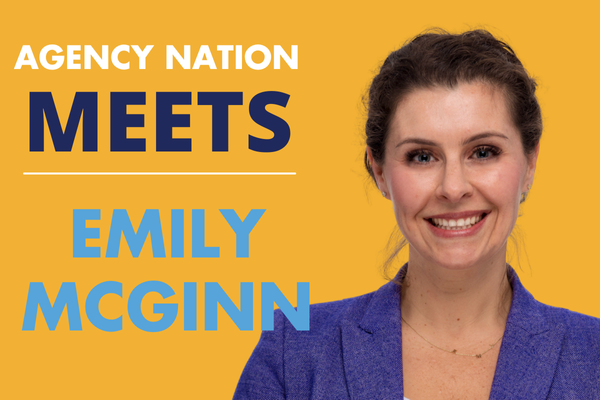How to Become a 24/7 Agency

By: Joyce Sigler & Stu Durland
Let’s face it—we live in a 24/7 world. Gone are the days when a successful business could only operate during standard operating hours. Now, consumers can order from their favorite restaurant at 2 a.m., call a ride whenever and wherever they need one, and deposit a check when sitting on their couch.
But the insurance industry has not caught up with the modern business world. According to the Insurance Digital Transformation Survey, fewer than half of agencies operate 24/7, and even fewer offer client portals or mobile apps. In order to compete in a market where competition is fierce, independent agents must embrace technology and offer on-demand service.
Of course, becoming a 24/7 agency is easier said than done. With limited staff and financial resources, implementing services and technologies can seem like a monumental task. To help, here are the answers to four big questions most independent agents ask when they take the plunge.
1) What exactly does 24/7 mean? Finding ways to operate around the clock—especially if you’re a smaller operation—can make any independent agent’s head spin. But 24/7 service does not have to mean quoting and binding policies at 3 a.m. It could simply extend as far as allowing your customers to access important insurance documents when the office is closed, or offering a mechanism for reporting claims to the agency or company after hours.
Before doing anything else, decide what type of 24/7 services you want to provide. This will help you narrow your focus and point you in the right direction of additional help you might need.
2) Where do I begin? Becoming 24/7 is not something you can decide to do one day and start the next. You should develop a plan that outlines your agency’s approach to implementation. Providing on-demand service is not as simple as installing new technologies or launching a mobile app. Staff needs training, and customers need to be notified once your agency is ready to answer their questions.
All-day practices could also alter some of your normal agency operations. When my agency became 24/7, we stopped mailing policies, change confirmations and ID cards. By creating a plan, you can work through all the different changes these new services will require and ensure nothing catches you off guard.
3) What types of technology should I implement? There’s no set formula; you have to decide what works best for your operation and your customers. But client portals and mobile technologies such as apps can give your customers access to important documents such as ID cards or certificates of insurance without contacting your agency. Several agency management system vendors now provide these tools, linking clients directly to the data in your AMS.
It is also important to ensure these systems have reporting capabilities. You want to monitor who is logging into the portal and what types of services they are using. This information tells you when you need to reach out to a customer—such as when they have a question about a policy change—and when to leave them alone, like if they just need to reprint an ID card. This approach will enable you to walk the fine line of providing great customer service and over-servicing.
4) How will becoming 24/7 impact my staff? Some staff may fear that new digital tools will take over their jobs, but that’s not the case. Independent agents have large workloads—if anything, these technologies will ease some of the burden by eliminating time-consuming tasks like pulling insurance documents and sending them to the customer.
Make sure you keep your staff informed during the entire process so they know these technologies will not be replacing them. When the tools are installed, ensure that you have a robust training program for all employees to familiarize them with the different platforms and answer any questions they have. Remember that you’re not necessarily making your staff less busy—you’re providing them with more time to cross-sell.
24/7 service is not a fad, and agencies that hope to run the gamut must adapt to modern business practices. While taking the first step can be hard, the process can go smoothly with detailed planning and transparent communication with your staff and clients.
Joyce Sigler is vice president of Jones & Wenner, an independent insurance agency in Fairlawn, Ohio. Stu Durland is vice president and owner of Seely & Durland, Inc. in Warwick, New York. Sigler and Durland are organizers of the Insurance Digital Revolution, an industry initiative created to advance adoption of digital technologies.










